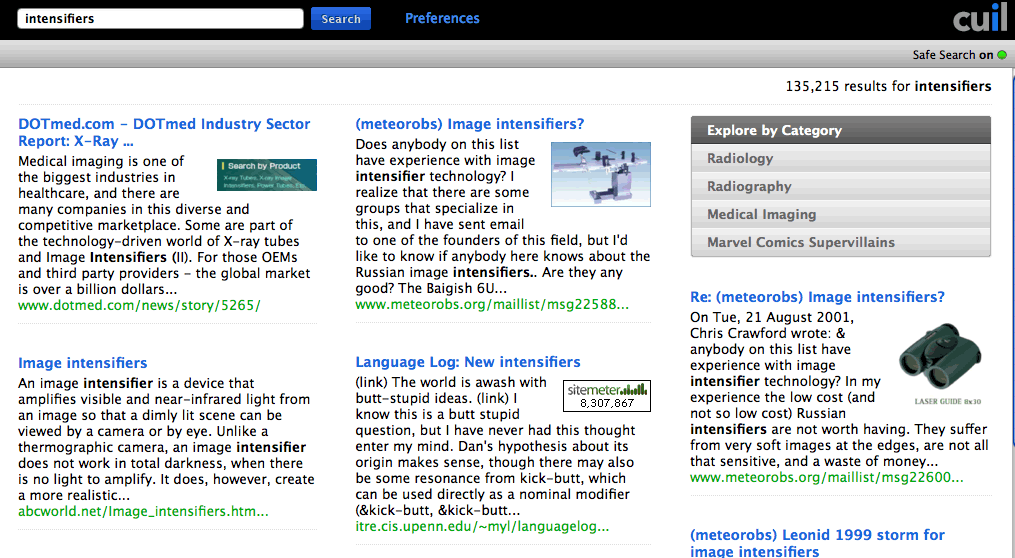There's a long tradition of popular peeving about dictionaries and what they have entries for: non-standard items, slang, taboo words, slurs, and so on. The complaint is that by listing these items the dictionaries are recognizing them as acceptable in the language, are "condoning" them (even when the items have appropriate usage labels attached to them). The complainers' position is that these items simply are "not words" of the language, an idea I have criticized here once, and plan to do so again.
The underlying idea is that dictionaries should be directive and prescriptive — authorities on how people SHOULD speak and write. Lexicographers do not, of course, think that way, though they are not in general opposed to the offering of advice on language use; it's just not what they do.
The underlying idea surfaces in another way, in criticisms of usages that are perceived to be (and actually may be) innovative on the grounds that they are "not in the dictionary". William Safire took up one of these in his "On Language" column last Sunday (20 June): inartful.
Read the rest of this entry »



